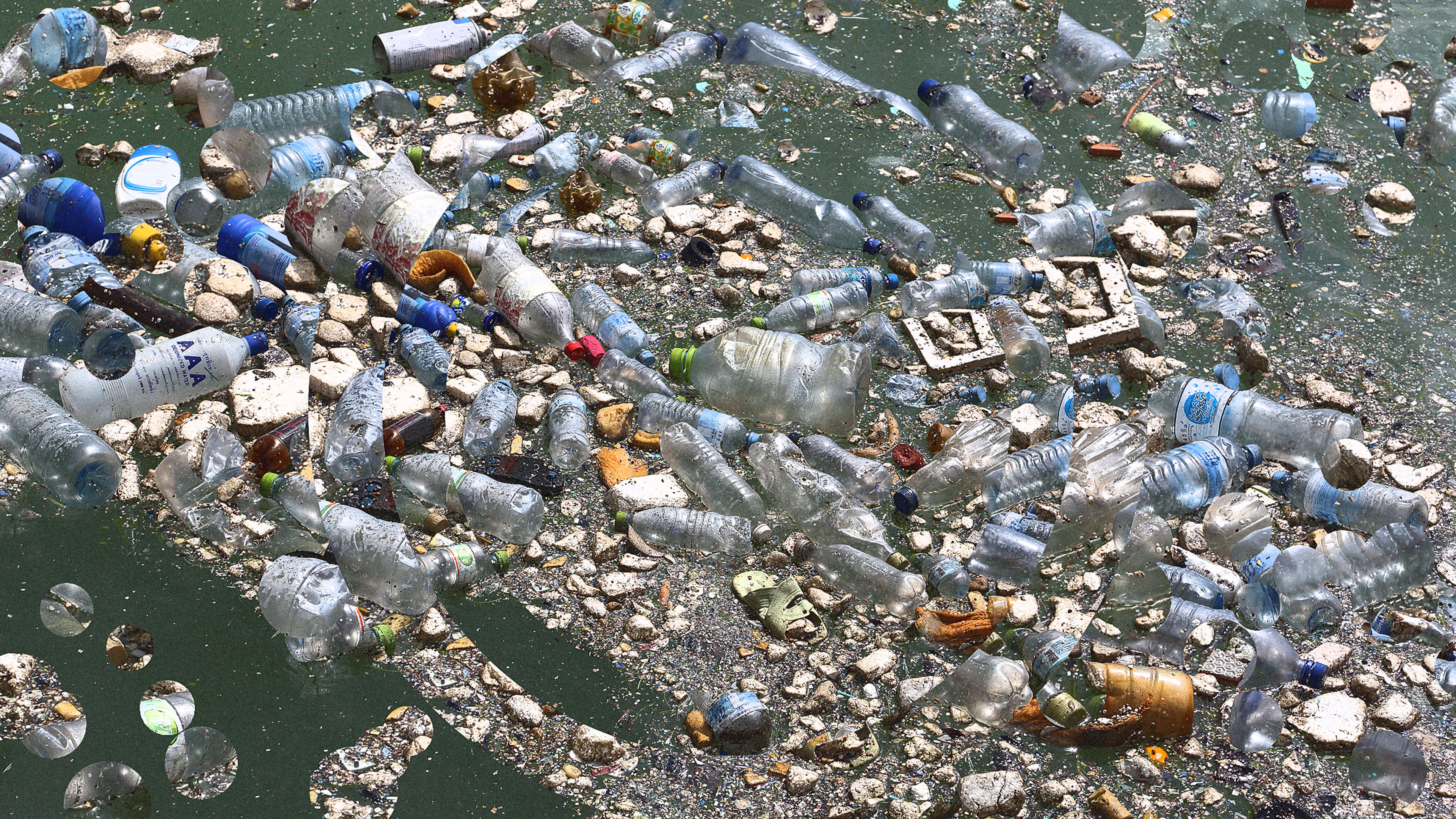Try to imagine the number 170,000,000,000,000—that’s 170 trillion. Calculated into seconds, that figure is equal to more than 5 million years. Turned into dollar bills stacked on top of each other, it would wrap around the Earth’s equator about 462 times. As pieces of plastic in the ocean—well, just look to our current seas. There are more than 170 trillion pieces of plastic—mostly invisible—currently floating in the world’s oceans. Together, they would weigh approximately 2 million tons.
That’s according to research published today in PLOS ONE, and led by Marcus Eriksen from The 5 Gyres Institute, a nonprofit that focuses on reducing plastic pollution. Researchers evaluated data on ocean plastic pollution from 1979 to 2019, collected from 11,777 stations across the North Atlantic, South Atlantic, North Pacific, South Pacific, Indian, and Mediterranean marine areas.
Not only did researchers estimate that trillions of plastic particles, primarily microplastics, are afloat in the oceans, but they also found that there’s been a rapid rise in this form of marine pollution since 2005—and that cleaning up and recycling this waste won’t be enough.
“The exponential increase in microplastics across the world’s oceans is a stark warning that we must act now at a global scale, stop focusing on cleanup and recycling, and usher in an age of corporate responsibility for the entire life of the things they make,” Eriksen said in a statement. “Cleanup is futile if we continue to produce plastic at the current rate. . . . It’s time to address the plastic problem at the source.”
The paper is an update to previous research from the 5 Gyres Institute estimating global marine plastic pollution back in 2014, which determined that there were more than 5 trillion pieces of plastic in the oceans. Without immediate action like a legally binding, global treater, researchers say, plastic pollution will only continue to grow. Last year, the United Nations Environment Assembly did approve a resolution to end plastic pollution. Just how effective it will be, the researchers write in the paper, depends on the commitments by member states, and if it’s focused on “the full life cycle of plastics, from extraction and manufacturing to its end of life.”
Recognize your brand’s excellence by applying to this year’s Brands That Matter Awards before the early-rate deadline, May 3.
